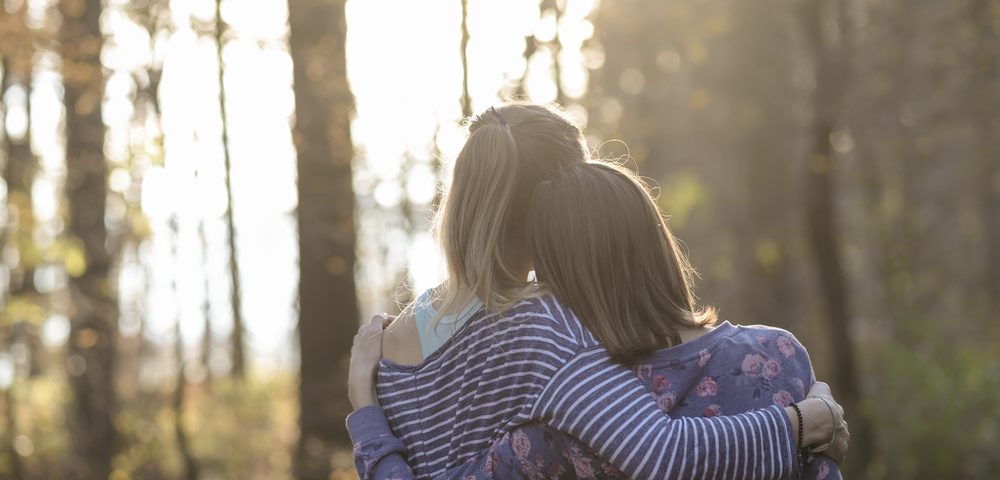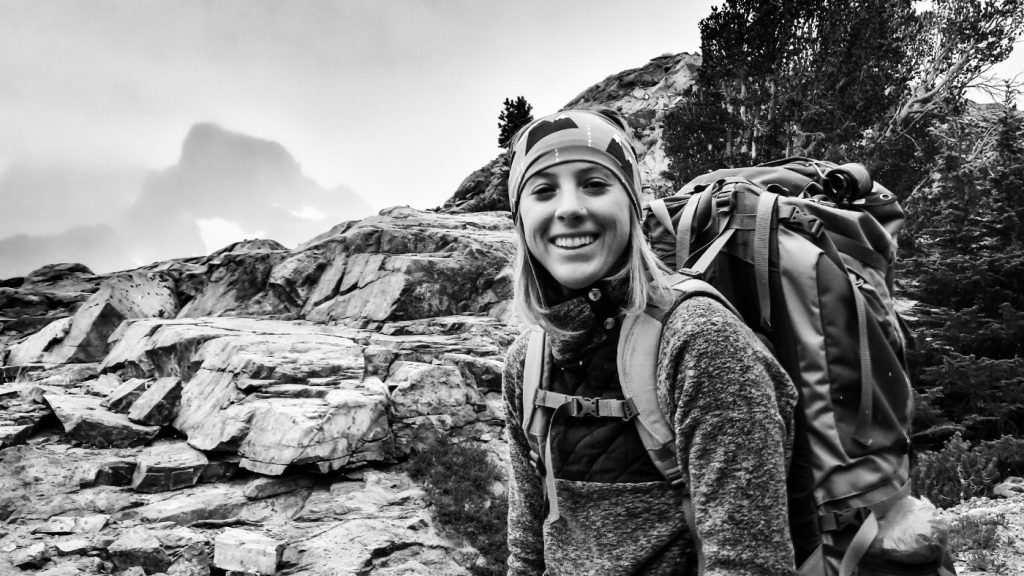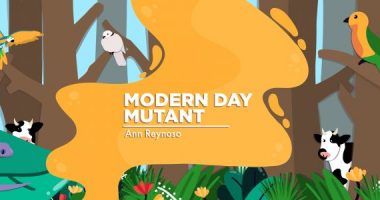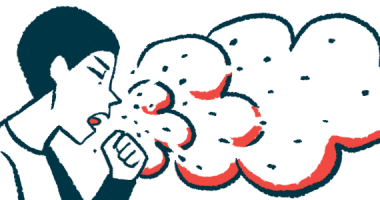Whether Asked or Not, My Helpers Show Up

In times of trouble, I remember the words of Mister Rogers’ mother, who said to always “look for the helpers.” Until recently, that advice comforted me more in theory than in practice. It was easy to look for — and see — my helpers, but I seldom called them to action.
My aversion to asking for help started in my youth. I was an only child and an introvert. I didn’t like to inconvenience people. I had athletic talent that developed into a successful alpine skiing career, and I spent most of my time in high school on the slopes. I had a few friends on the team, but I was alone a lot. I learned the hard way not to rely on others during that time.
I prided myself on being able to “handle it.” I would sink into whatever challenge I was facing and figure it out on my own rather than accept help. When “sinking in” became drowning, I didn’t know how to ask for help — or I was too proud. Either way, I isolated myself with my suffering.
Beginning in 2016 and ending with my mom’s lung transplant earlier this year, I faced one challenge after another. It seemed as if I could not catch a break. The helpers were always there, but I couldn’t bring myself to ask. I finally started going to therapy to cope with my losses and life changes. I learned that asking for help was, well, helpful. And necessary.
When Mom was admitted to the ICU at the University of California San Francisco, I vaguely asked for help via Facebook. I said, “I’m going to keep private stuff private, but I would be grateful if everyone could please pray for my family. Or whatever version of that you practice. … For health and strength and a miracle.”
I don’t consider myself religious, but that request was a leap of faith in more ways than one. I shouted into the internet void for an intangible kind of help, and I immediately felt better. I felt calmer and more certain that everything would be OK. I could feel the collective power of my friends and family praying for us.
I reaped the benefits of asking for help in the form of prayers, friends volunteering to walk my dog while I was away, and a special new friend. I recognized all my helpers and the ways in which they were showing up.
What I also noticed was how many helpers stepped up without me having to ask. My dad, my husband, my closest friends, and my in-laws all carried my burdens before I even knew I needed it. Just like they always have.
My pride and self-reliance kept me from noticing how much unsolicited help I’d been given over the years. But in those vulnerable moments, I saw it all.
My dad bore the majority of the emotional burden of my mom’s illness for a long time before I learned the truth about her prognosis. He carried it until the last possible moment. I didn’t ask, but he gave me the gift of a few more normal hours between the airport and the ICU.
He and my Aunt Shari helped with the financial and emotional burdens. They bought my tickets between Seattle and San Francisco, as well as food and lodging.
My husband, Jonny, ran the house singlehandedly while also juggling his more-than-full-time job for four months while I was away. He talked me through a lot of difficult moments, made multiple runs to the airport, and put his own needs on hold while I cared for my mom.
My friends checked in often, but none so much as my lifelong best friend, Jen. She made several trips to visit me in San Francisco. Spending time with her was a much-needed release. Companionable distractions allowed me to feel normal for a while.
Throughout those months, I didn’t want to burden my dad or my aunt with my feelings, because they were on the battlefront, too. Jen gave me space to vent and to cry. She listened intently, comforted me when I needed it, and gave it to me straight when I was asking hard questions. It was invaluable to have someone to whom I could show my scared inner-child — someone who could talk to her, cry with her, and help guide her back to courage.
Jen anguished over our obstacles and celebrated our victories. She was there for the first good echocardiogram — the final test needed to get on the list. We wept happy tears together. I didn’t ask for any of it.
Next to all of the help I finally learned to ask for, I am most grateful to have received all of the help I never asked for.
***
Note: Pulmonary Fibrosis News is strictly a news and information website about the disease. It does not provide medical advice, diagnosis, or treatment. This content is not intended to be a substitute for professional medical advice, diagnosis, or treatment. Always seek the advice of your physician or other qualified health provider with any questions you may have regarding a medical condition. Never disregard professional medical advice or delay in seeking it because of something you have read on this website. The opinions expressed in this column are not those of Pulmonary Fibrosis News or its parent company, BioNews Services, and are intended to spark discussion about issues pertaining to pulmonary fibrosis.









Comments